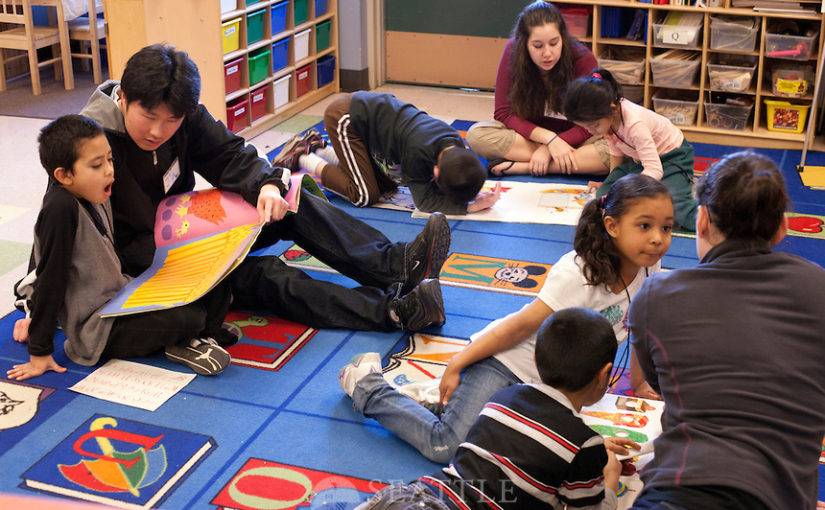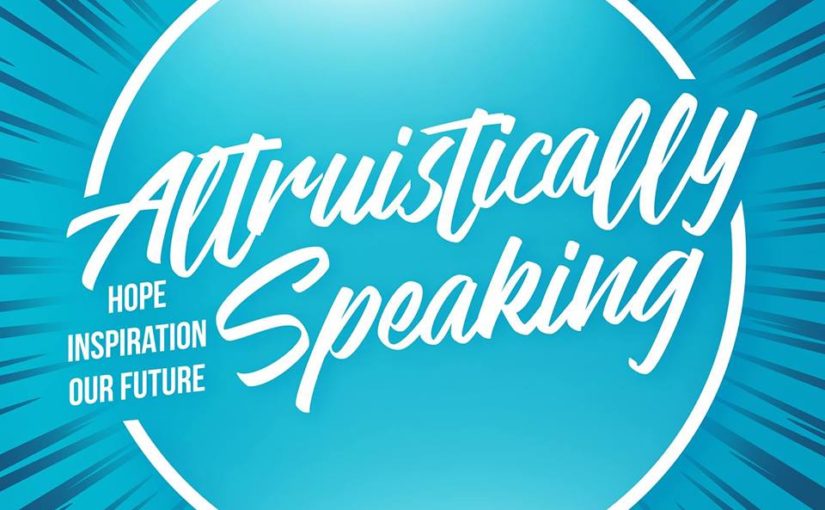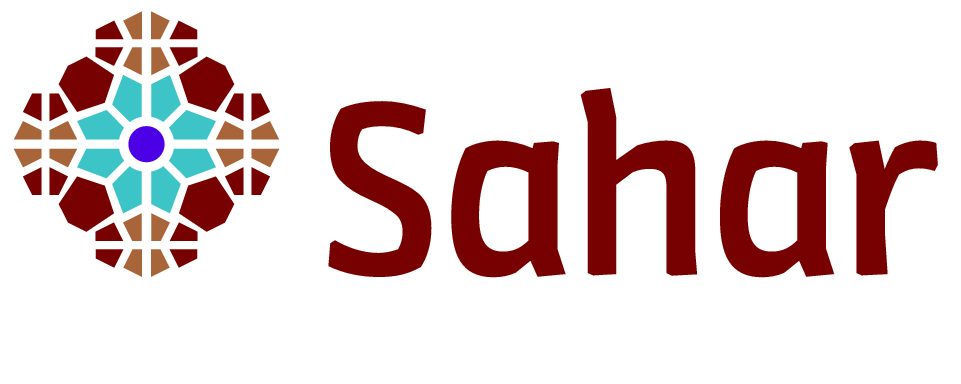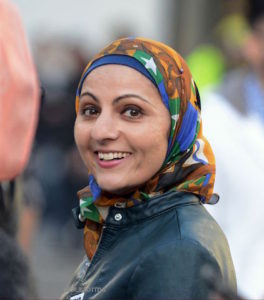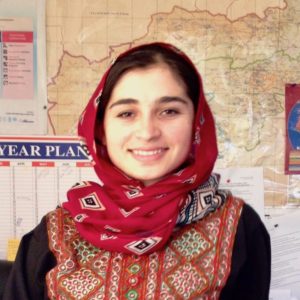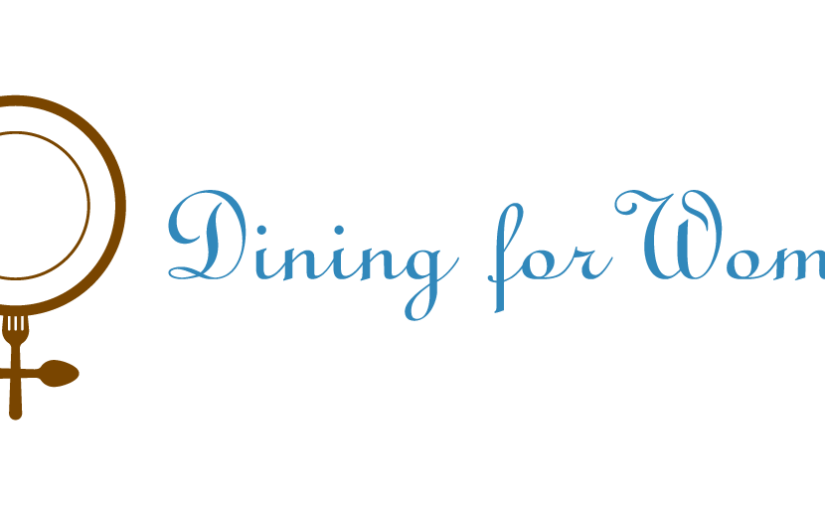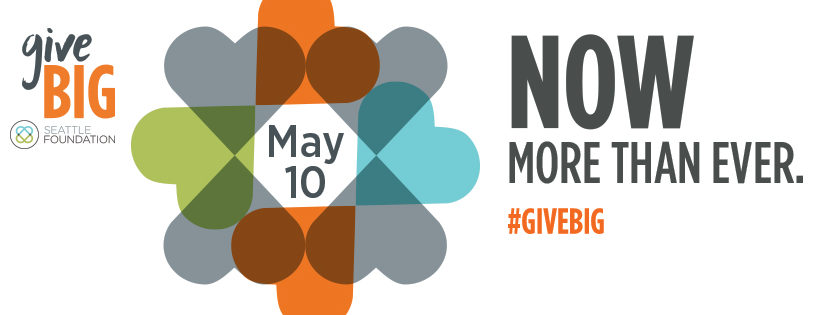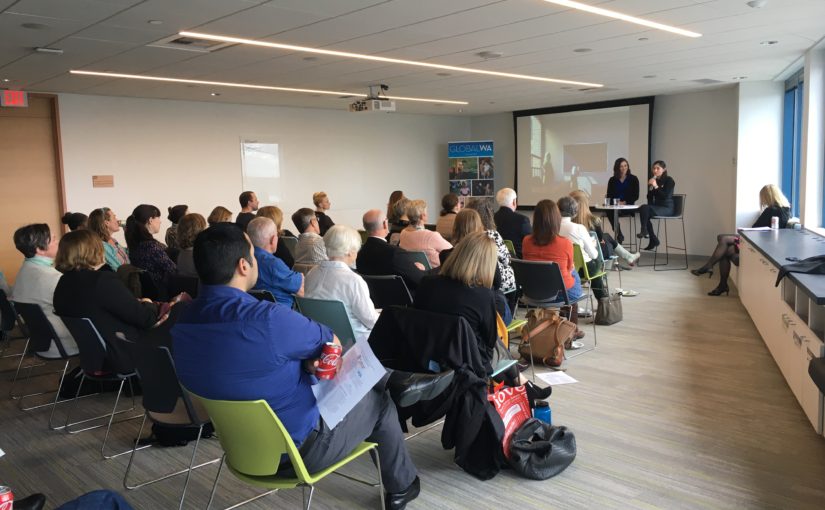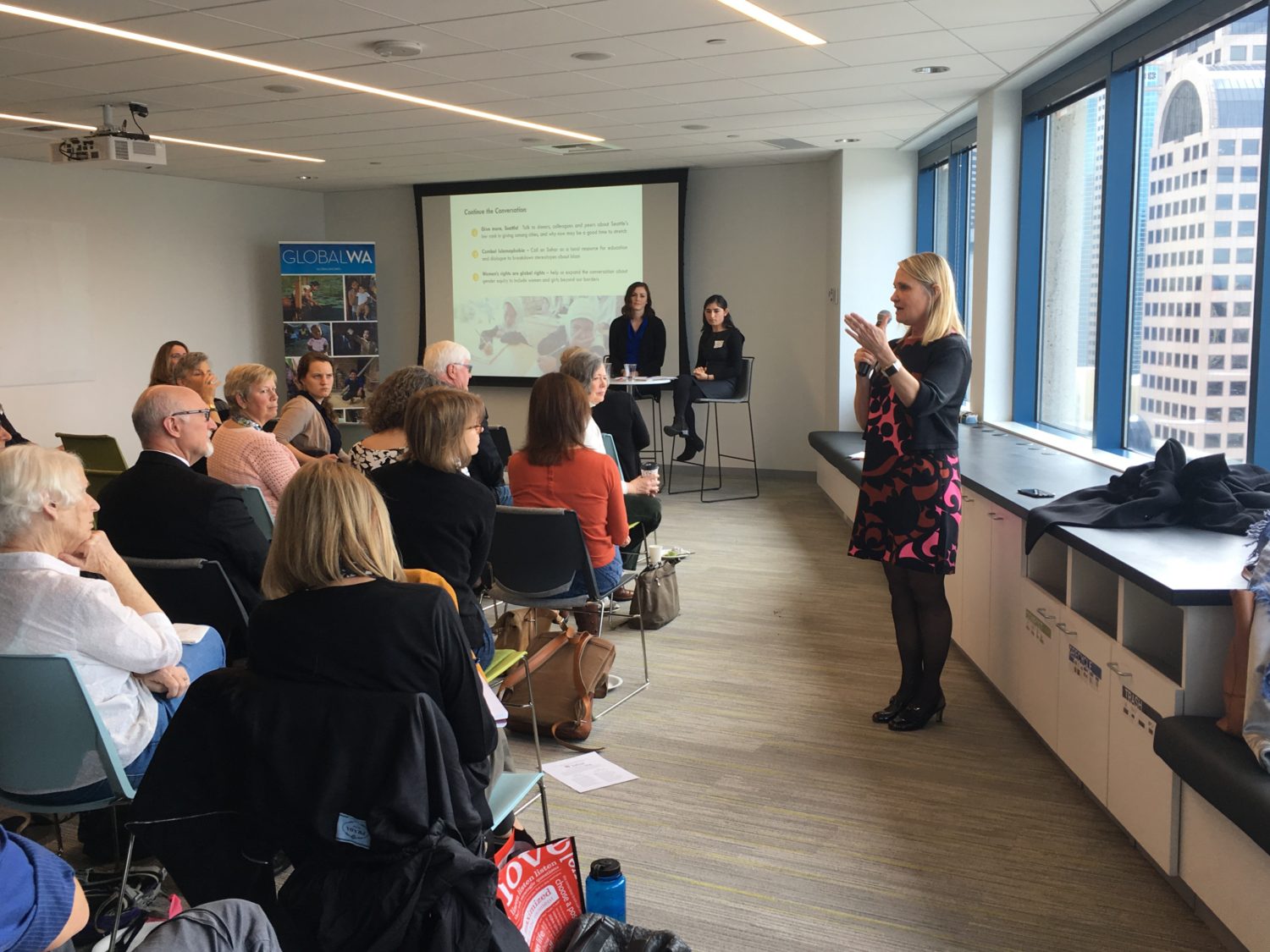By Ruth Yohannes (Sahar Intern)
When I came to the United States as a freshman in 2015, one of my first experiences was an immersion trip with a few students and my college orientation advisor. I had visited Seattle before, but it was my first time seeing Seattle University and its neighborhood. After visiting the historic Central district, we stopped by Bailey Gatzert Elementary school. Growing up in Ethiopia, I viewed schools as a place to learn, and not much more. However, when I first stepped in the Gatzert cafeteria, I could see parents serving food to students, helping them eat and clean up. There was lively conversation around the room, and it looked like a really close-knit community.
Currently, Seattle university’s Center for Community Engagement (CCE), engages more than 250 students to participate in their after-school tutoring program; in the summer, they provide learning opportunities for more than 300 students. This ongoing effort has led Bailey Gatzert to achieve the highest academic growth of any school in Seattle from 2012 to 2013.
I have now been an employee in the Bailey Gatzert after school program for almost a year. Twice a week, I spend the afternoon with 1st graders; along with other student leaders, we lead activities to strengthen their knowledge in math, reading and writing. Our ultimate goal is to have them reach grade level as soon as possible.
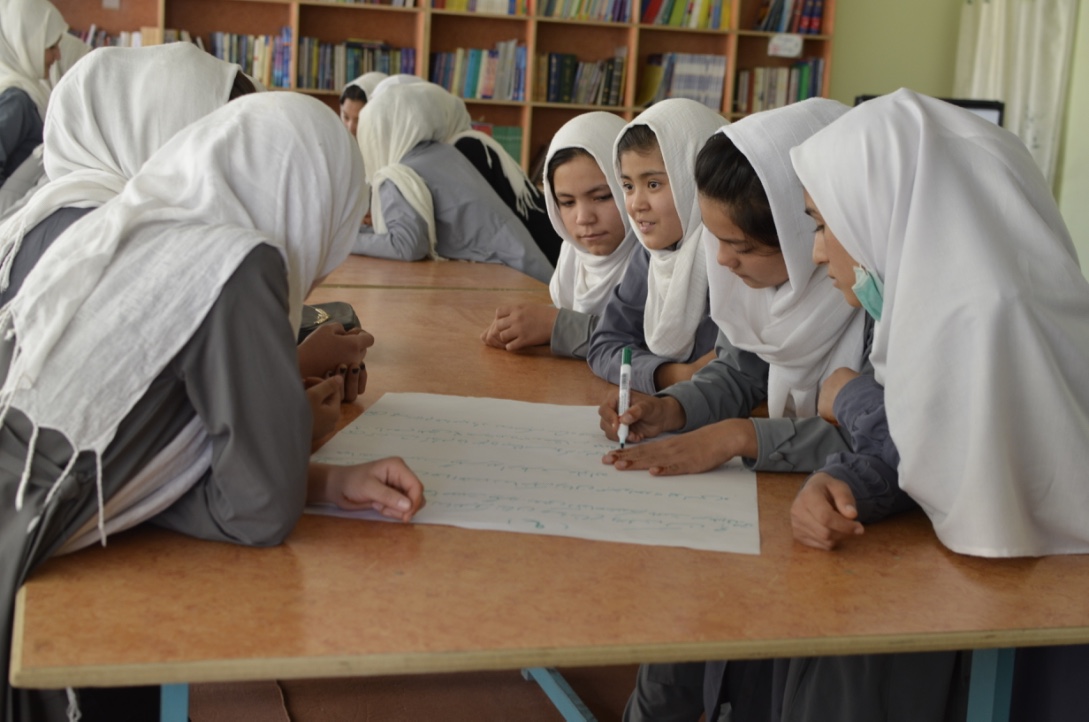
Most people would agree that students with stronger family support are better equipped to succeed at school. That probability is further increased when families can lean on individuals and institutions in their neighborhoods. The Bailey Gatzert after school program helps students that do not always have the same opportunities as their counterparts in other neighborhoods. Although students may face hardships outside of school, community involvement gives them a chance to achieve success.
In Afghanistan, Sahar takes the
effort one step further: one of their most important contributions is the rebuilding of schools in order to provide a safe and dignified learning space for girls. I came to Sahar as an intern because I felt like their work was truly empowering girls by giving them an environment where they can grow and expand their horizons. What’s more, Sahar encourages community building through efforts to raise support for girls’ education. Their early marriage prevention program brings together community leaders as well as school officials in order to ensure that girls are educated in a nurturing environment.
The program aims to impact girls beyond the traditional classroom: “girl leaders in schools are identified as candidates for self-esteem programs to encourage them to remain in school, and to spread the awareness of their legal rights to not marry until age 16. At home, the program aims to increase fathers’ awareness of the long-term economic gain of having an educated daughter”.
School-community cooperation has an immense impact on students’ academic improvement and participation. It is an important factor for the return of Afghan girls in the education system. At Bailey Gatzert school, it provides a safe and nurturing environment in which students can thrive.

